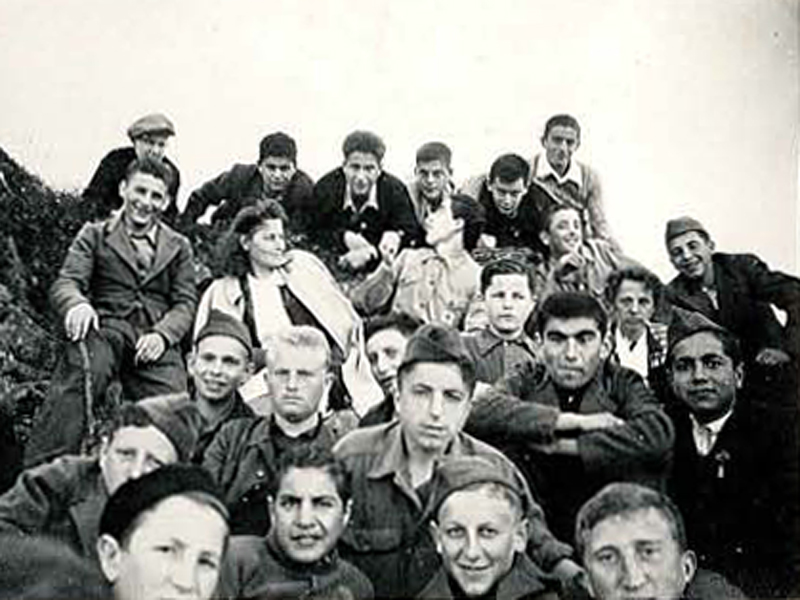After the Second World War Switzerland was desperate to improve its tarnished image. Taking in thousands of children who had survived Nazi concentration camps seemed a good idea, but the well-intentioned offer turned out to be poorly planned and implemented.
Germany’s surrender in May 1945 meant peace at last for Europe and the Swiss population. The Swiss government, however, was worried, having been publicly accused by the US of prolonging the war by maintaining economic contacts with Nazi Germany.
It therefore tried to placate the victorious Allies and, following the example of other countries, offered to house up to 2,000 children from the Buchenwald concentration camp for six months.
But the so-called “Buchenwald Action” didn’t go as planned: instead of 2,000 children only 370 young adults were admitted. Aid organisations were unprepared.
This documentary accompanies the series PeaceExternal link, broadcast by the Swiss Broadcasting Corporation (SBC), in which fictional characters deal with events based on historical facts. It also features extraordinary archive testimony from Jewish survivors and Swiss helpers, as well as analysis by historians.










You can find an overview of ongoing debates with our journalists here . Please join us!
If you want to start a conversation about a topic raised in this article or want to report factual errors, email us at english@swissinfo.ch.